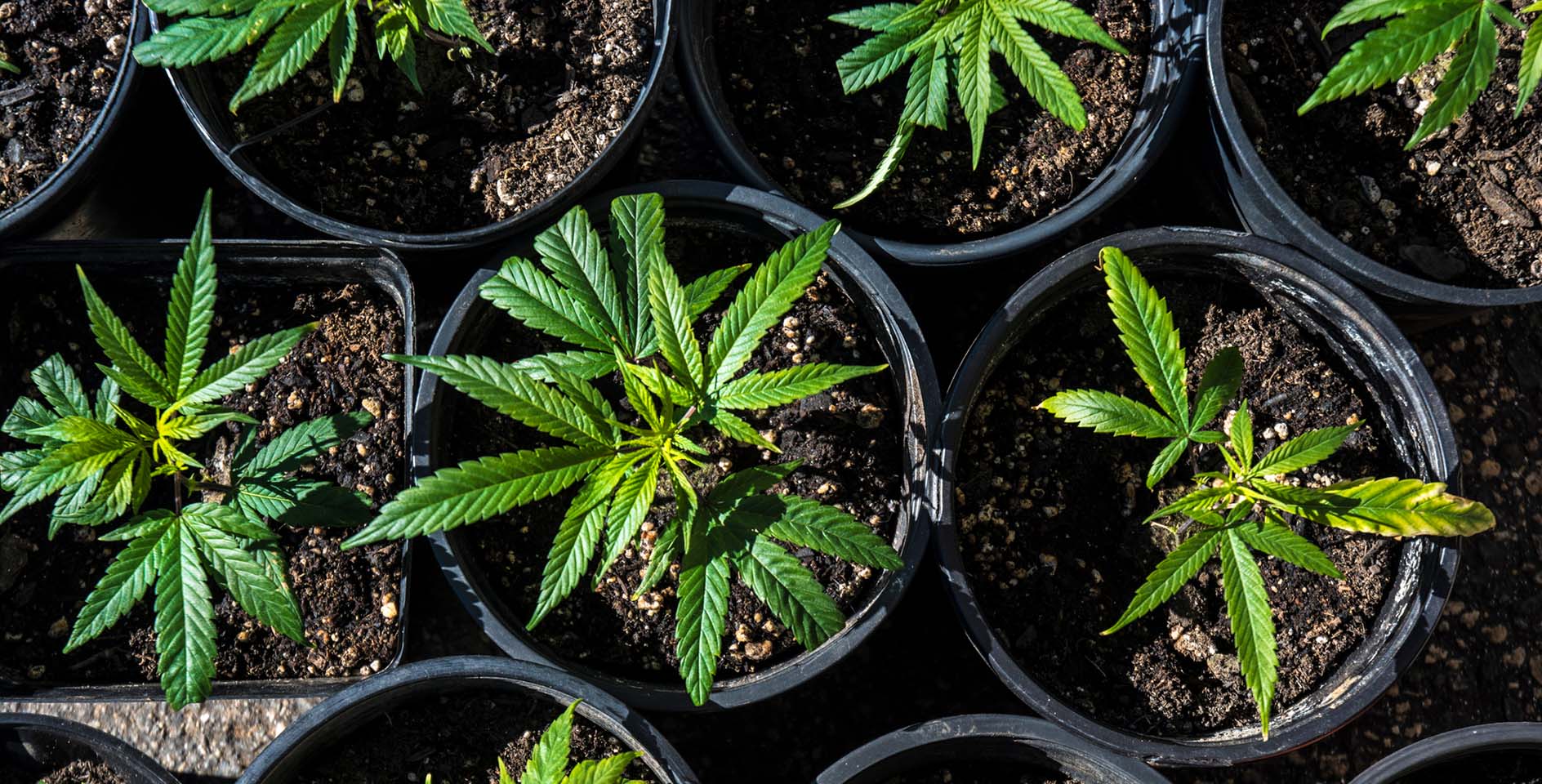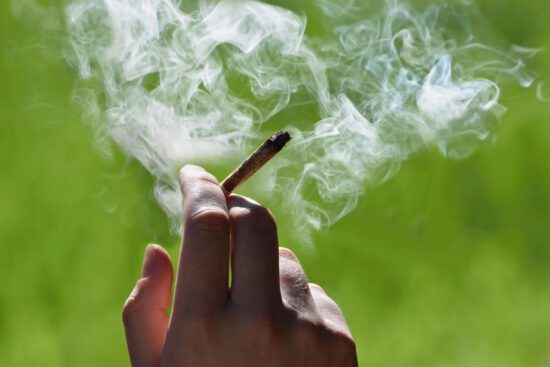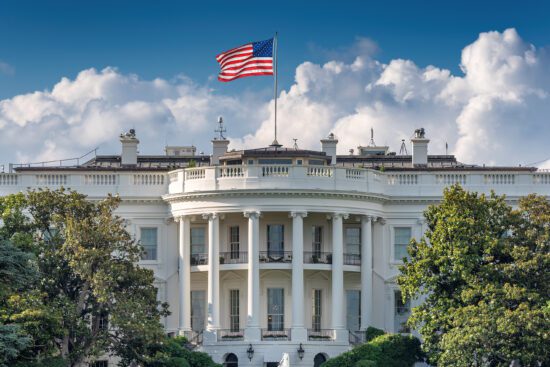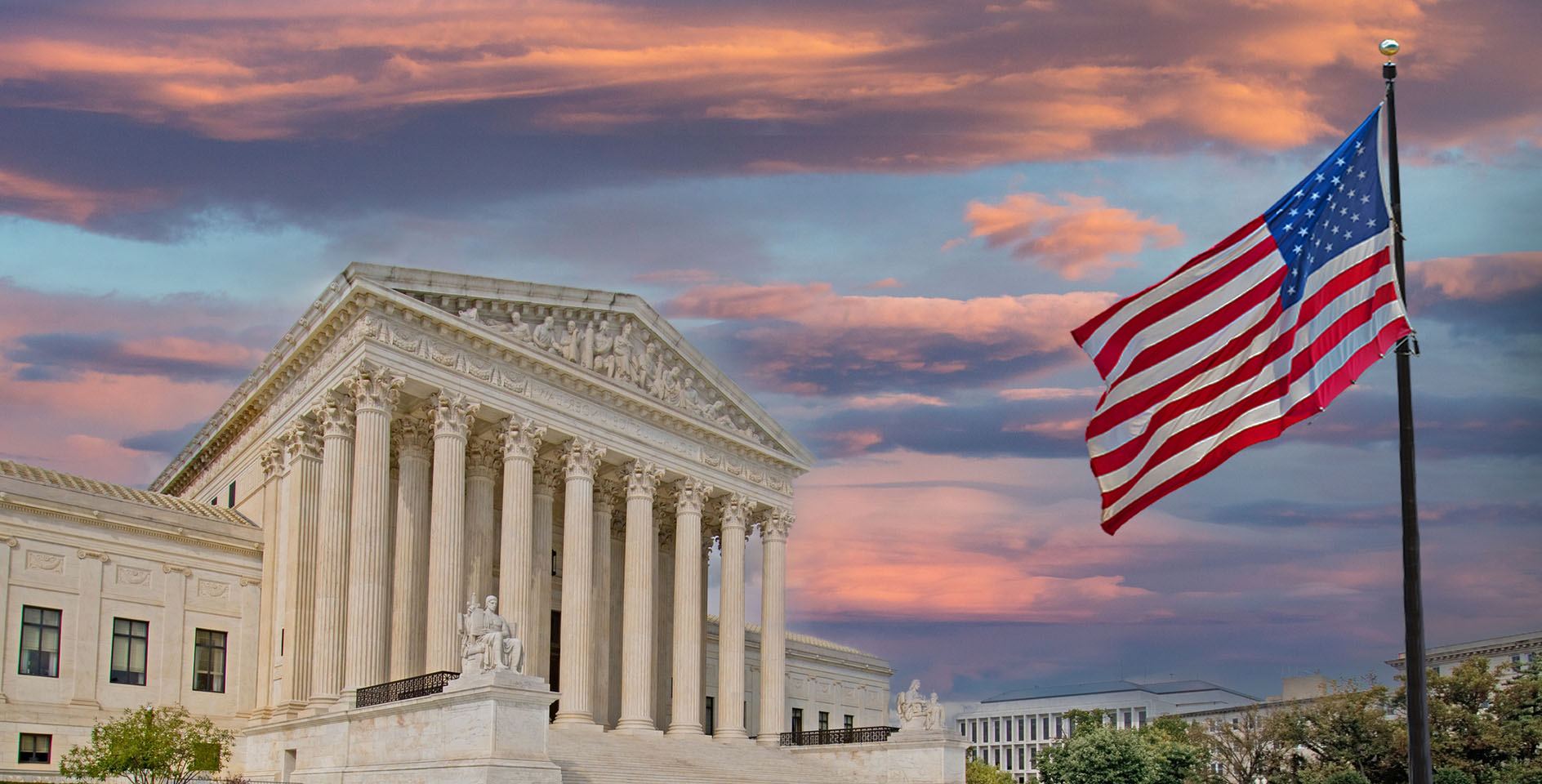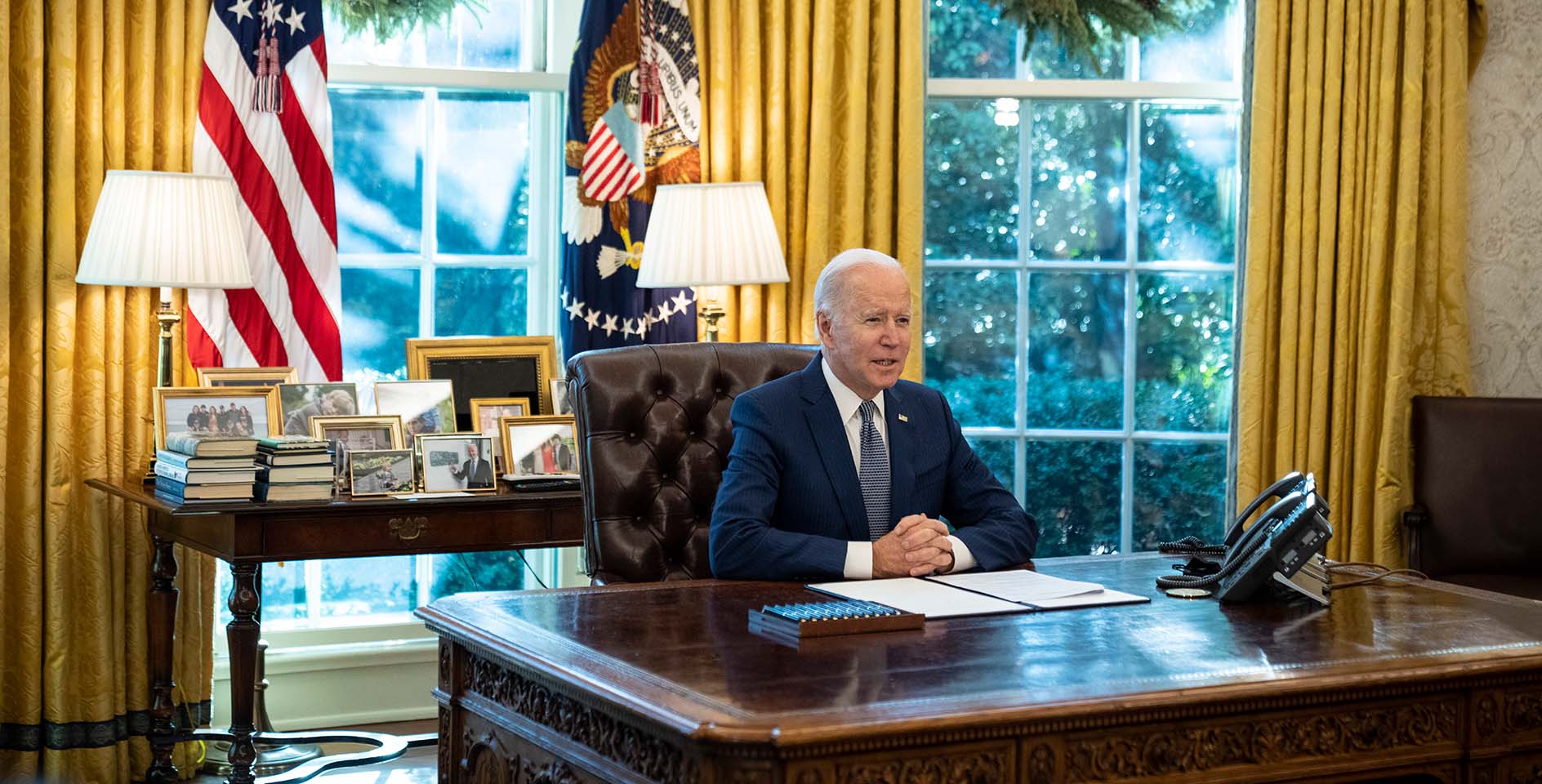The Biden administration’s Department of Health and Human Services (HHS) is recommending that the Drug Enforcement Administration (DEA) significantly loosen federal restrictions on marijuana and reclassify it in a lesser category under the Controlled Substances Act. This recommended shift at the federal level is spurred by the increasing efforts at legalization and decriminalization at the state and local levels. Currently, 21 states have fully legalized recreational use of marijuana and six others have decriminalized such use.
If accepted, the Ethics and Religious Liberty Commission (ERLC) believes this change will bring significant harm to our communities. Because all people are made in the image of God, we desire to see public policy that promotes the flourishing of our neighbors. The ERLC sent a letter to the DEA sharing these concerns and urging them to reject this rescheduling recommendation from the Biden administration.
While proponents of legalization, decriminalization, and rescheduling of marijuana often cite—and overstate—the medical benefits and the disproportionate criminalization impact on marginalized communities, there are compelling arguments to keep marijuana illegal, especially at the federal level.
Why marijuana should be restricted
One of the reasons marijuana should remain illegal is rooted in the health hazards associated with marijuana use. The National Institute on Drug Abuse has highlighted several adverse effects such as impairment in learning, memory, and attention. Moreover, it has been associated with an increased heart rate and a higher risk of heart attack. The drug is also more addictive than is assumed, with an estimated 10% of users becoming addicted.
In 2017, the National Academies of Sciences, Engineering, and Medicine convened a committee of experts to conduct a comprehensive review of the literature regarding the health effects of marijuana use. They found there is substantial evidence of a statistical association between cannabis use and increased risk of motor vehicle crashes. Also, in states where cannabis use is legal, they found an increased risk of unintentional cannabis overdose injuries among children.
In 2019, five years after legalization of recreational sale of marijuana in Colorado, more people were visiting emergency rooms for marijuana-related problems, and hospitals reported higher rates of mental-health cases tied to marijuana. Legalization can potentially lead to a public health crisis, particularly if marijuana use begins during adolescence, a period when the brain is still developing.
The potential impact on mental health further accentuates the concerns surrounding marijuana usage. Early marijuana use is linked to lower IQ scores, dropout rates, and risk of mental illness like psychosis or schizophrenia later in life. Marijuana smoke also contains many of the same carcinogens as tobacco smoke, which could increase future risk of lung cancer and chronic bronchitis.
Another reason marijuana should be restricted is that it remains a “gateway drug” to other controlled substances. As long-term studies have shown, marijuana alters brain chemistry and primes it for sensitivity to other drugs. Usage of the drug has been shown to lead to experimentation with harder drugs such as cocaine and heroin. Also, as has been shown over the last decade, decriminalizing and legalizing marijuana has normalized drug use, making individuals—especially young people—more susceptible to trying substances that are even more dangerous than cannabis.
Supporters of loosening restrictions argue that there are valid medical reasons for reclassifying marijuana from a Schedule I to Schedule III drug under the Controlled Substance Act. But such a shift is unnecessary since there are already legal and regulated medications available to address the medical conditions that proponents argue marijuana can alleviate.
While marijuana contains compounds like THC with potential medicinal benefits, there are FDA-approved medications like Marinol that serve similar purposes but within a regulated framework. This regulation ensures a standardized dosage and quality, minimizing the potential for abuse that comes with the raw, unregulated form of marijuana that has over 400 components, many of which have not been studied well.
Those advocating for the decriminalization or rescheduling of marijuana too often ignore the potential public health and societal effects. The risks associated with marijuana, in terms of addiction, mental health issues, and its role as a gateway to harder substances, outweigh the perceived benefits of its legalization or decriminalization. The Biden administration should be taking a more cautious approach, emphasizing the importance of maintaining marijuana’s status as an illegal substance in order to safeguard public health, and to ensure the government will continue to protect children from the use of addictive and harmful drugs.



